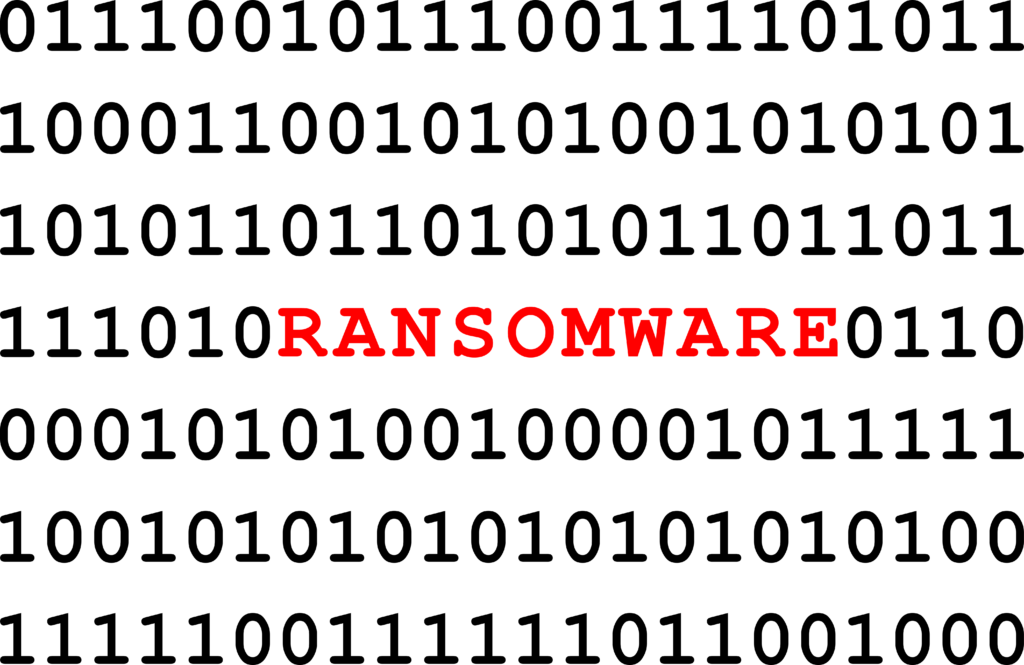Hackers and malicious software present a real challenge for global delivery organizations. Vanderlande’s Marco Vijfvinkel explains how having the right IT partner can make the difference
Malicious software or ‘malware’ is a term used to define many different types of dangerous computer software. Among the more well-known variants are Trojan horses, spyware and worms. Malware can be used by criminal organizations to disrupt businesses and occasionally society at large, or to steal sensitive data from large corporations. In recent years, hackers have been able to further professionalize their activities, making them increasingly harder to detect and track.
One of the latest types to appear is ransomware, which has the ability to take a computer hostage through the encryption of data. This makes it almost impossible for the user to re-obtain their information without making payment to the hacker. For the parcel industry, this can include the theft of valuable customer data.
Being aware
Recognizing the ongoing threat from malware, Vanderlande is clear on the type of security measures large delivery firms need to take. “Employee awareness is a challenge,” says Marco Vijfvinkel, Vanderlande’s executive manager – service technology.
“It is possible for an entire company to be infected if a single employee opens a suspect email or uses an infected USB drive. Everyone needs to pay attention to the small details, because hacking groups are highly professional. This means that their emails can appear to be entirely legitimate.
“Another concern is outdated software. Some companies still rely on (legacy) software, which is not properly updated or maintained. Criminal organizations know about this vulnerability, and are able to exploit any software that is not fully secure.”
Keeping pace
One of the main challenges for parcel companies is global connectivity. Leading distributors don’t operate from a single location, they rely on a worldwide network of sites in order to serve their customers. However, if a system on one site becomes infected, every other system in the network is put at risk.
“This requires the software ‘patching’ of hundreds of mission-critical IT systems effectively, and in the shortest time possible, worldwide,” adds Vijfvinkel. “This can only be achieved if the process is well organized and executed in a controlled way. Otherwise, it could have a significant impact on business continuity.
“The reality is that legitimate businesses will always be one step behind the hackers. However, it’s certainly not advisable to be 10 steps behind! Put simply, if a system is never updated, the threat to it will be greater.
“Software patches are usually released after a new malware threat has emerged, which is why it’s essential for parcel companies to stay up to date with their IT security. At Vanderlande, the message we promote is to think ahead and be prepared.”
Peace of mind
For Vijfvinkel, detection and prevention are key: “Our advice is to take a holistic view and talk to us about an IT service continuity plan. Putting a single patch on to your software is a limited and short-term solution. It’s better to have a long-term strategy. Proactivity is at the core of Vanderlande’s IT services, and we can identify risks and put effective measures in place.”
However, there is no 100% defense against malware, as Vijfvinkel concludes: “Having a continuity plan in place is the perfect start, but if something does go wrong, having the support of a reliable partner is crucial. In a potentially dangerous situation, we know what to do.”


